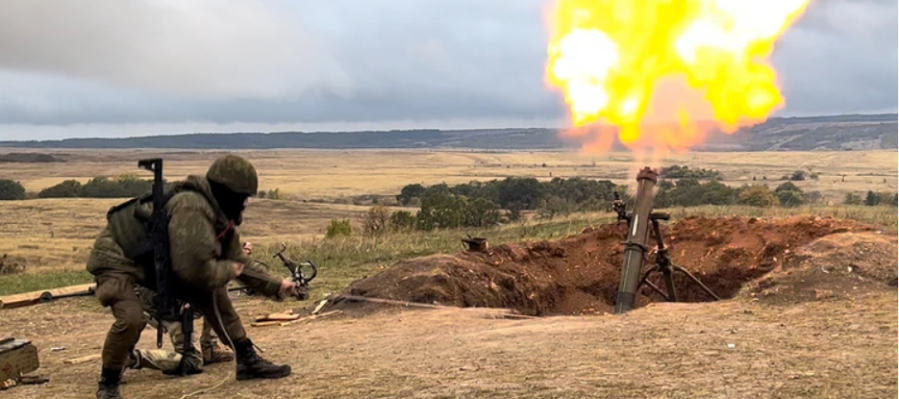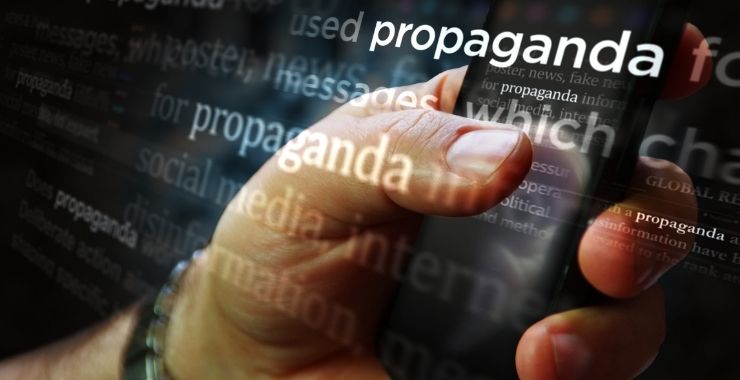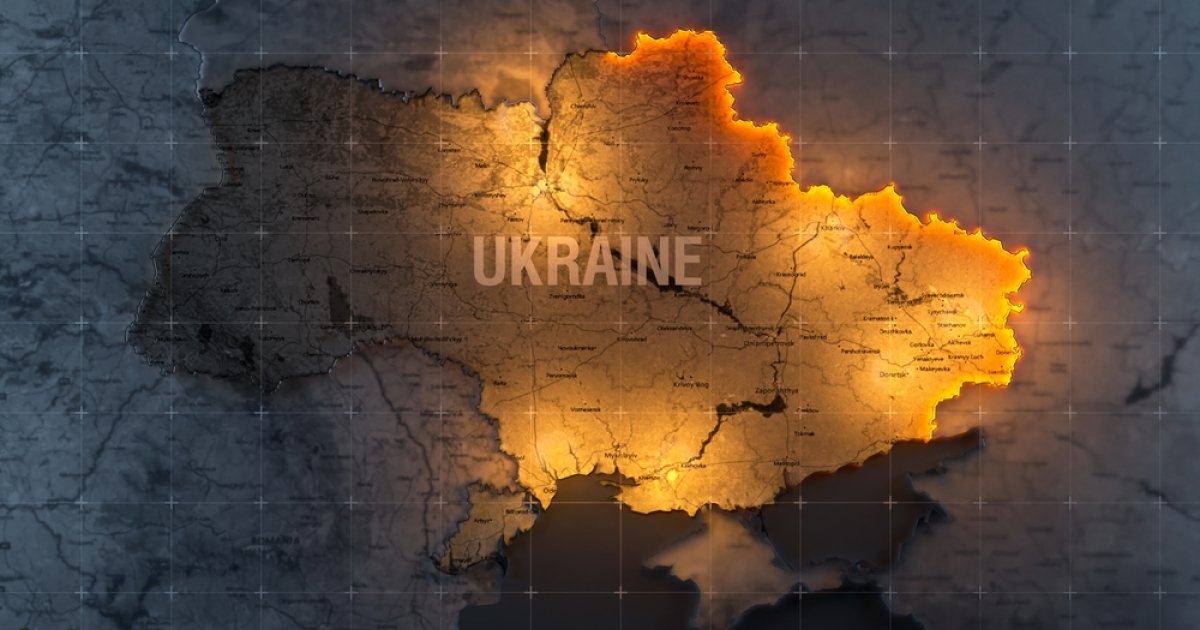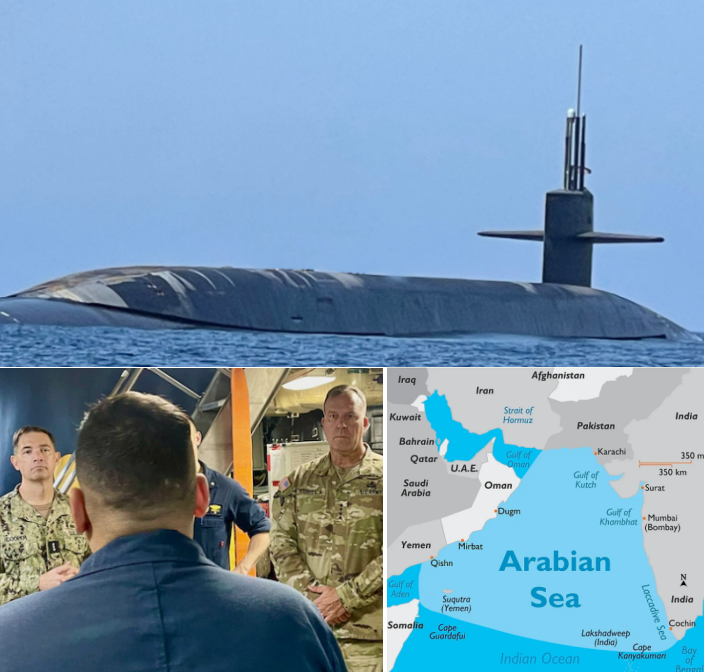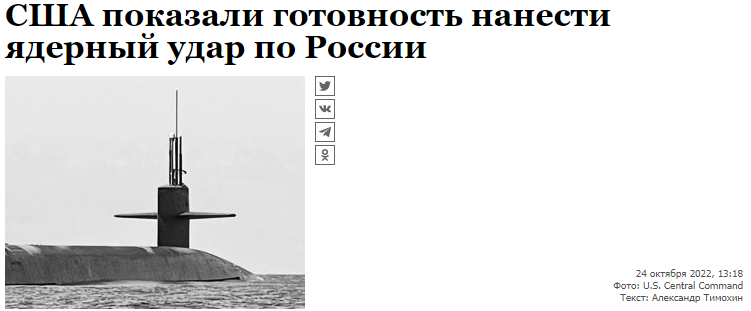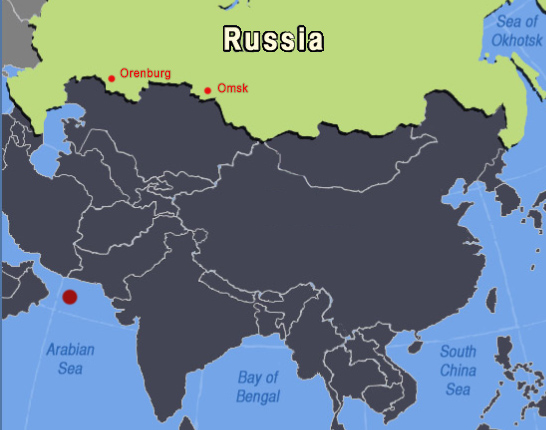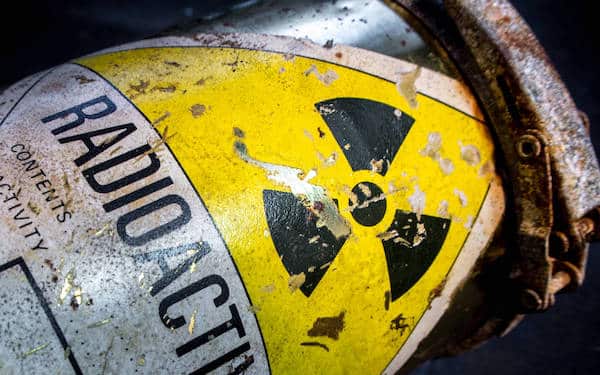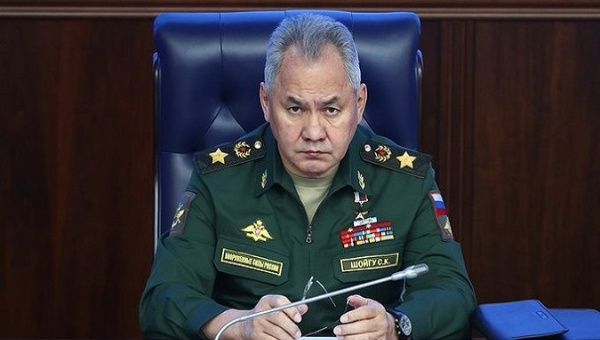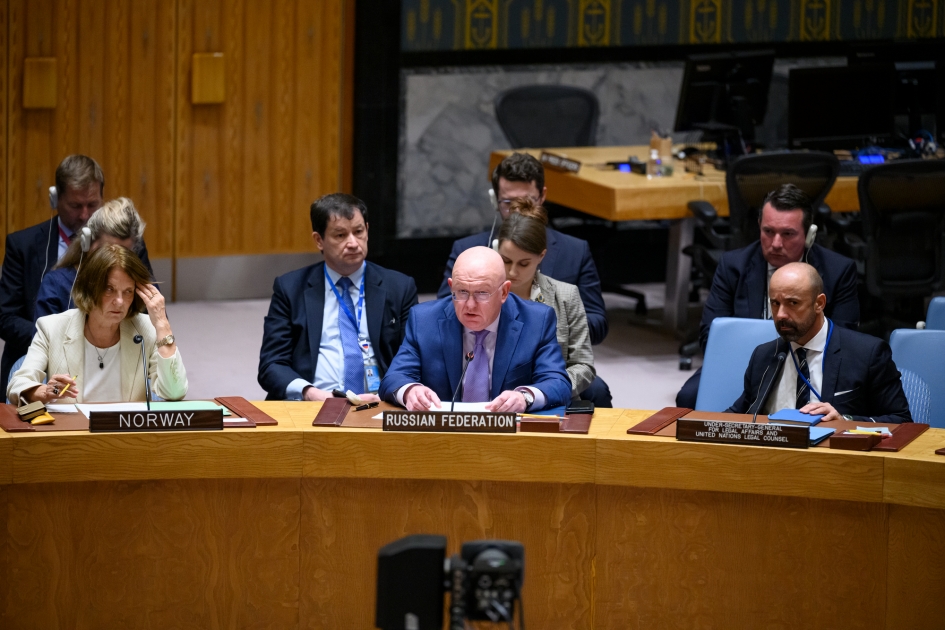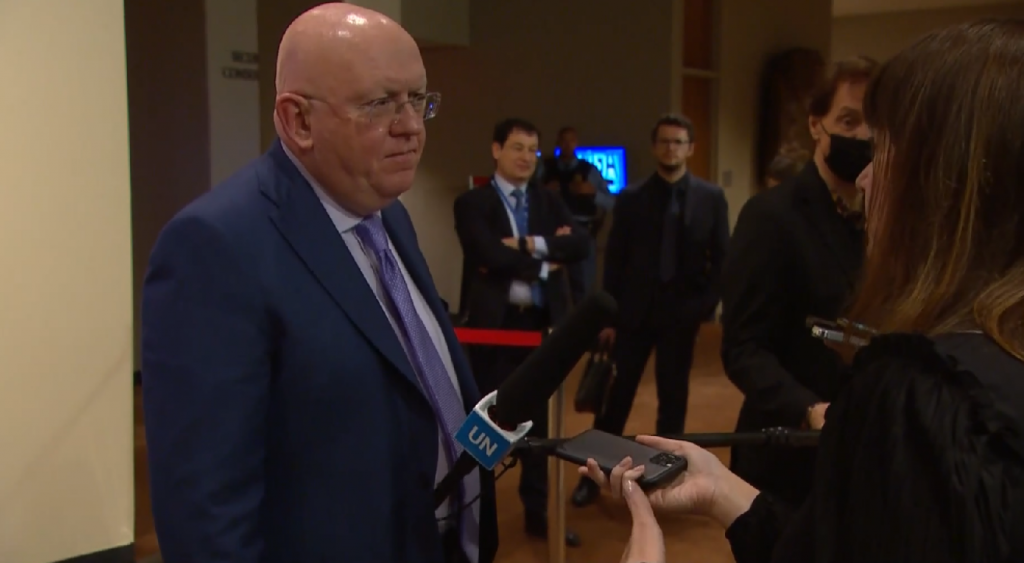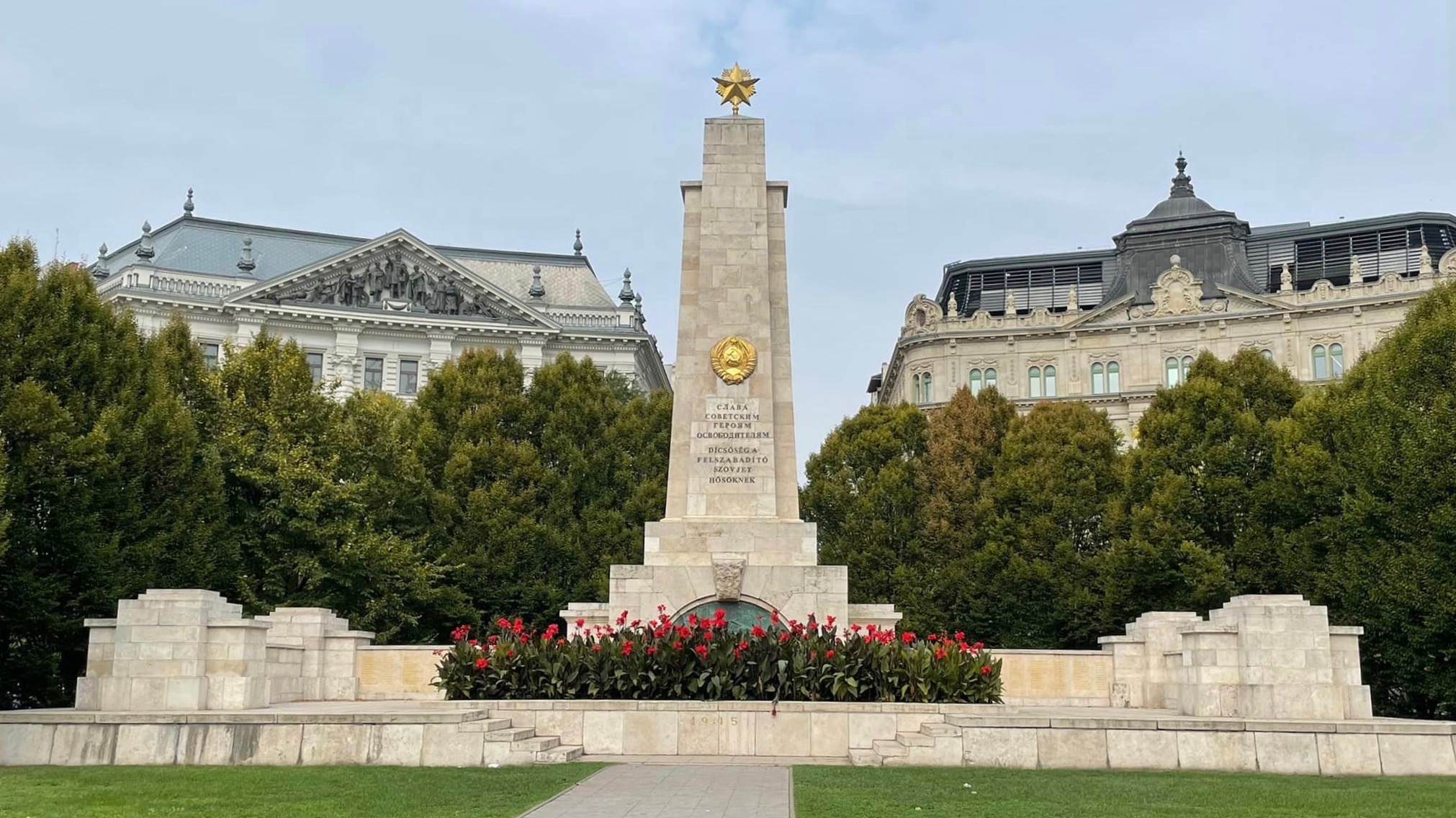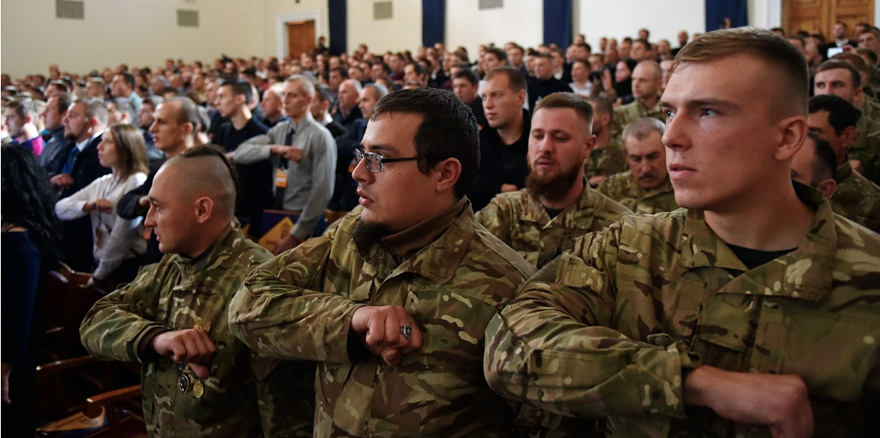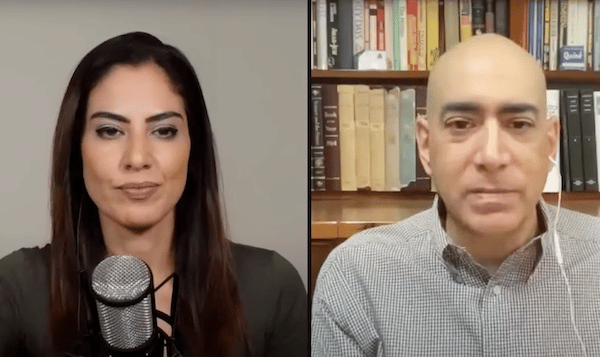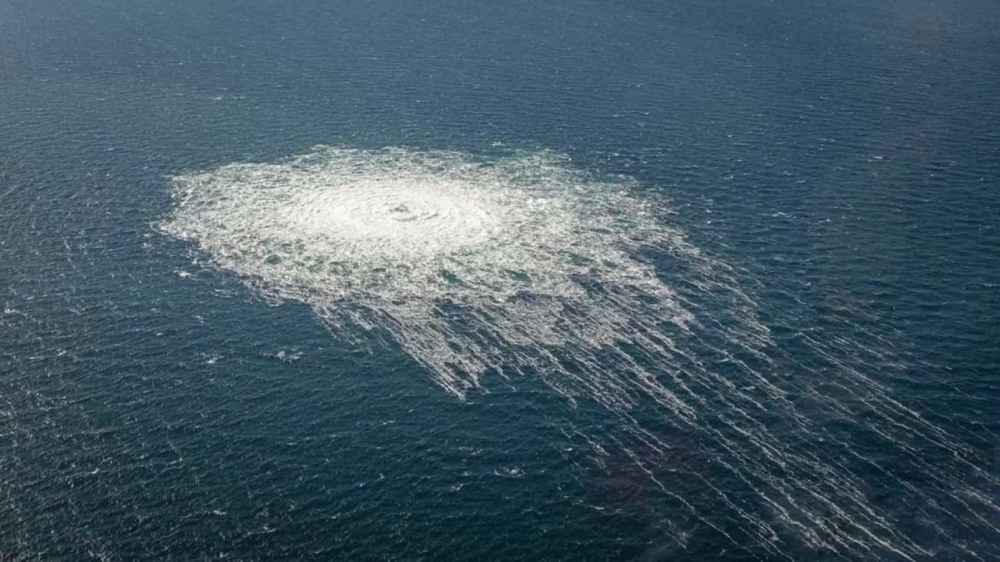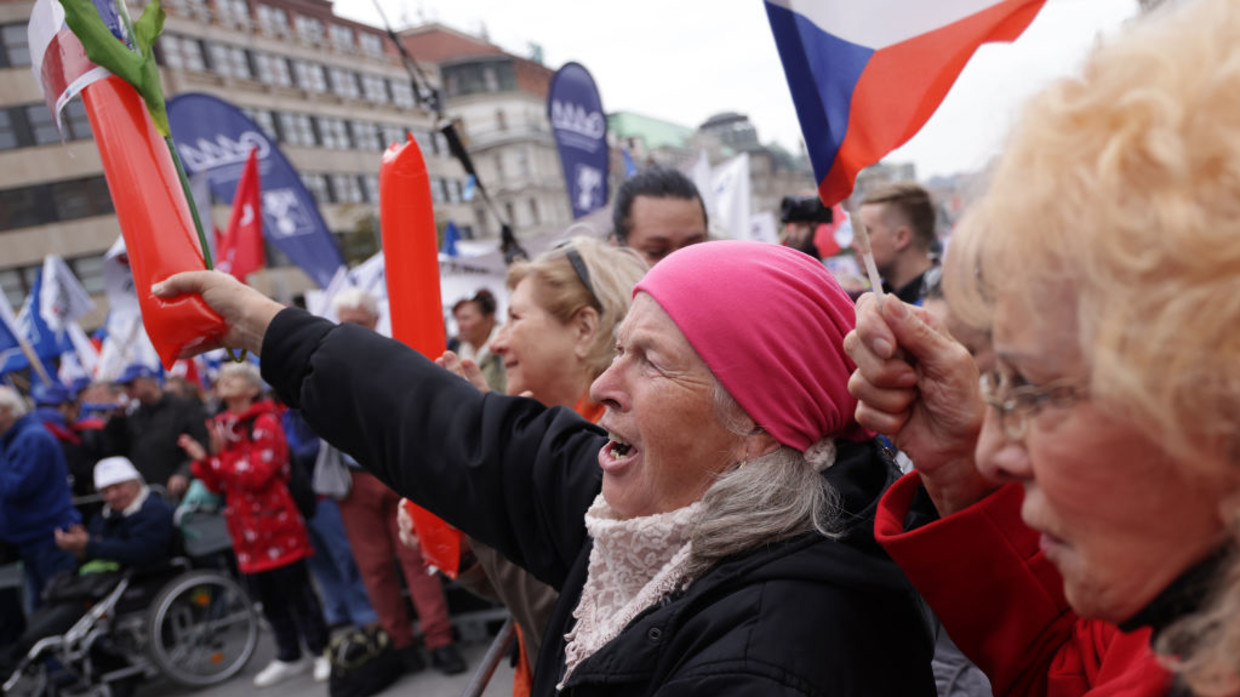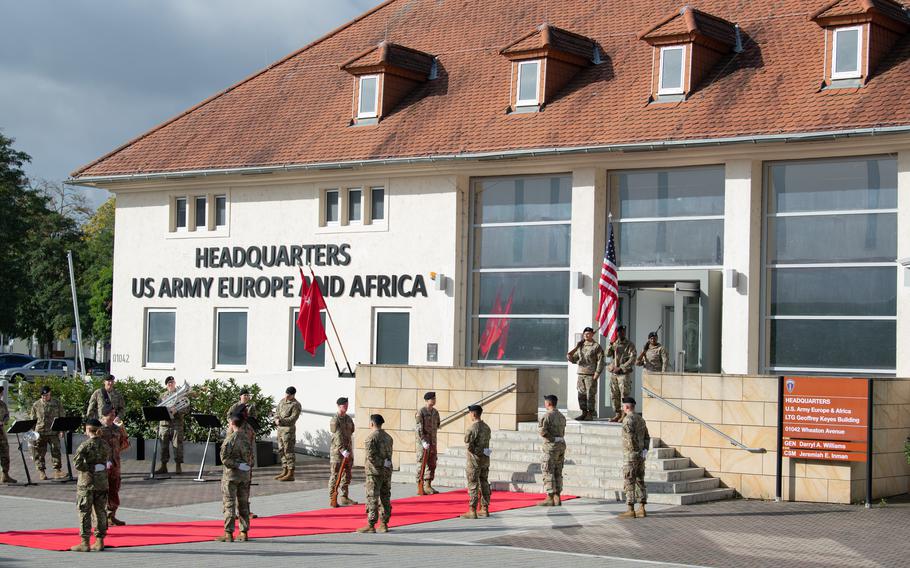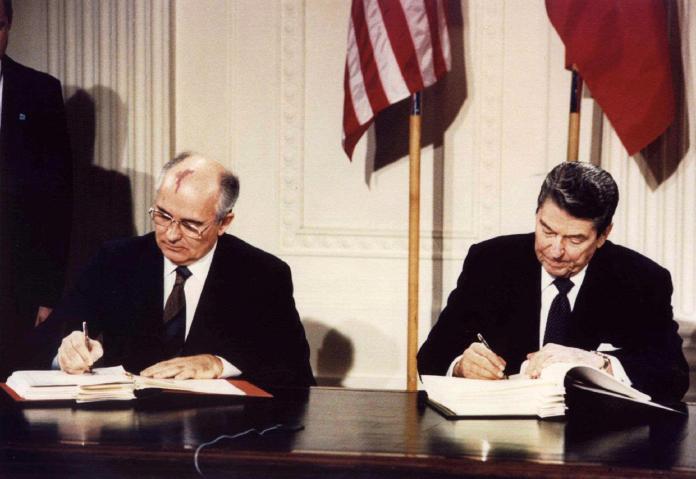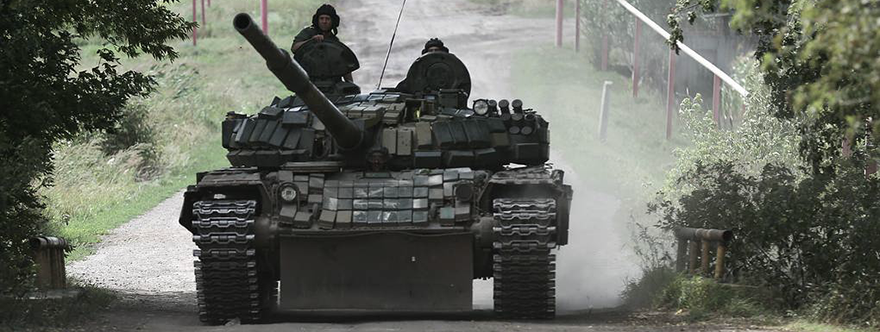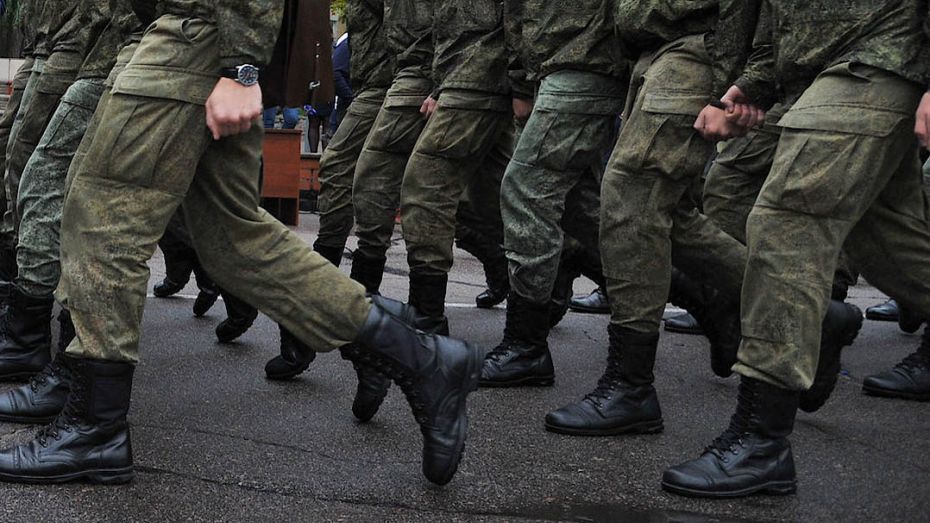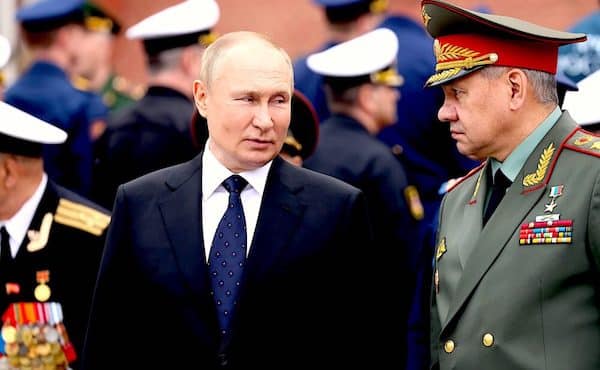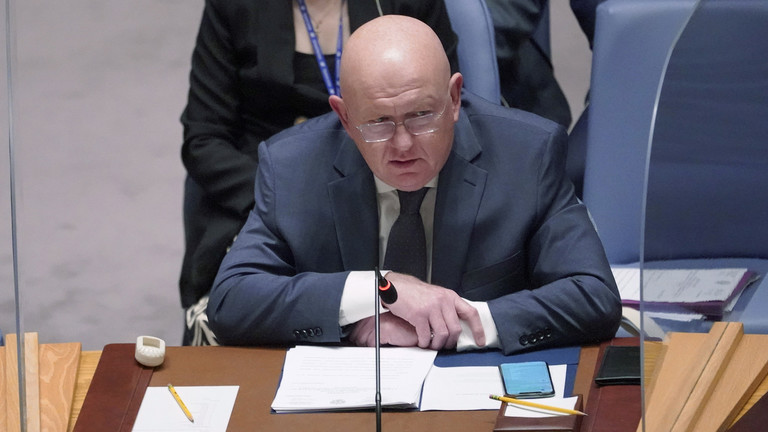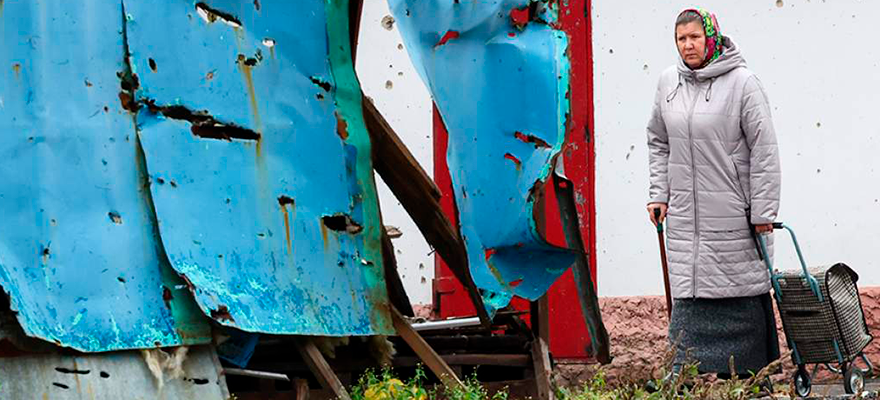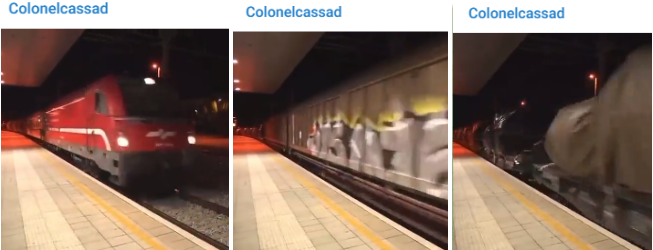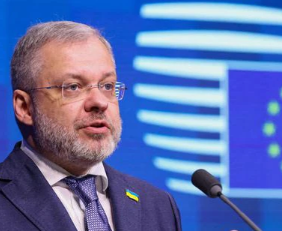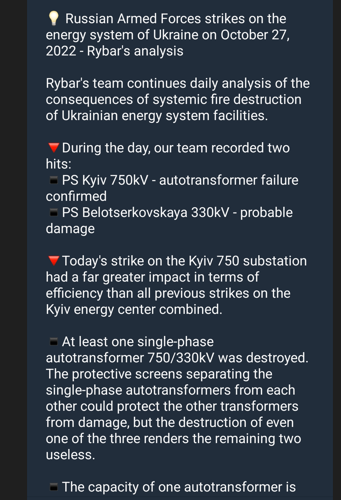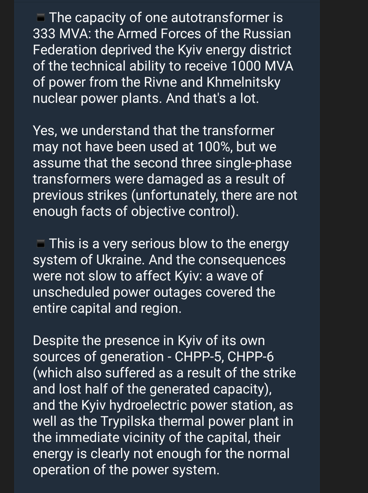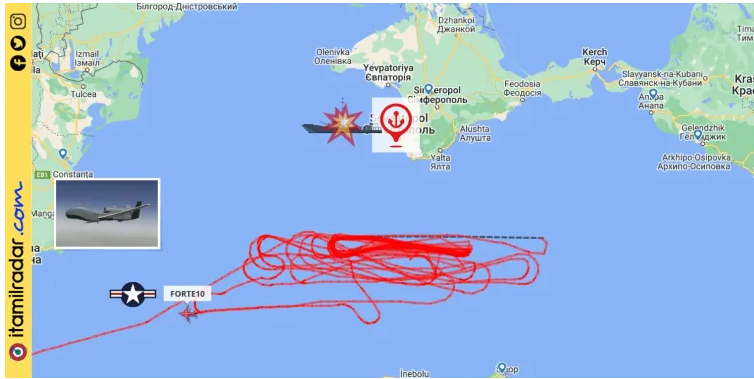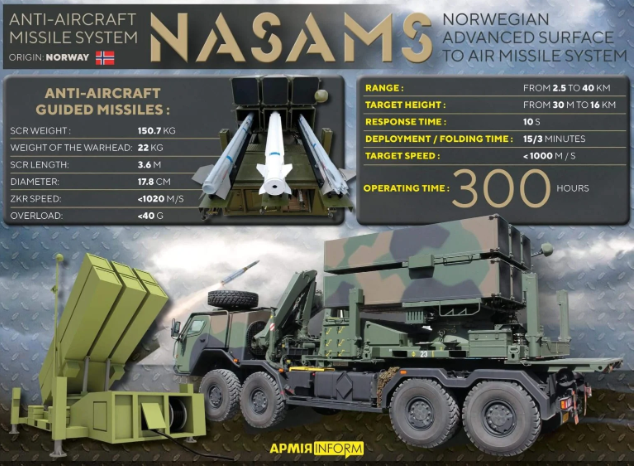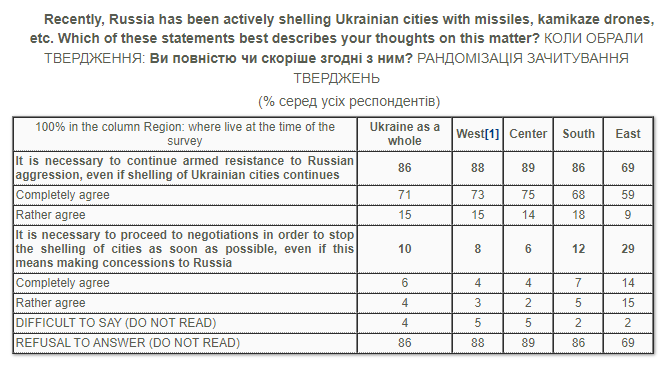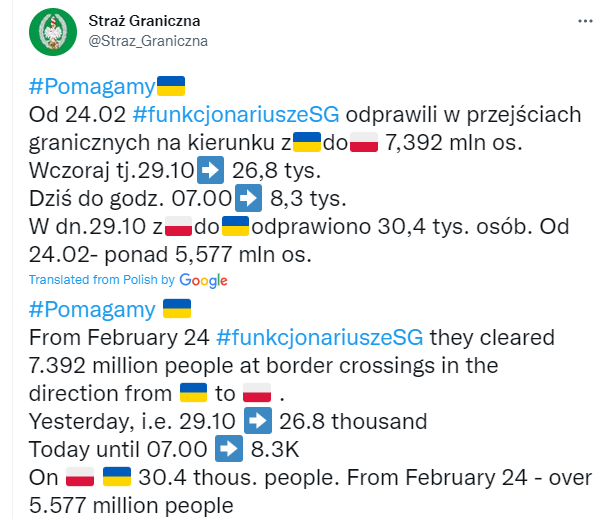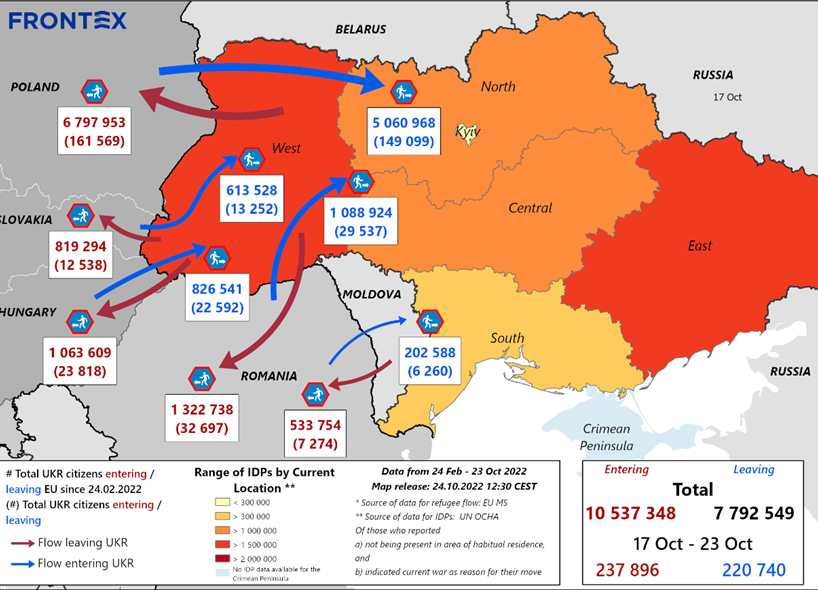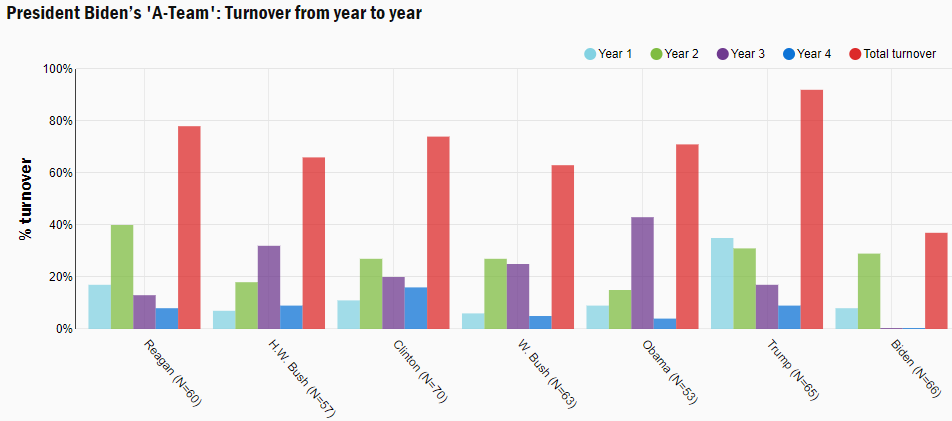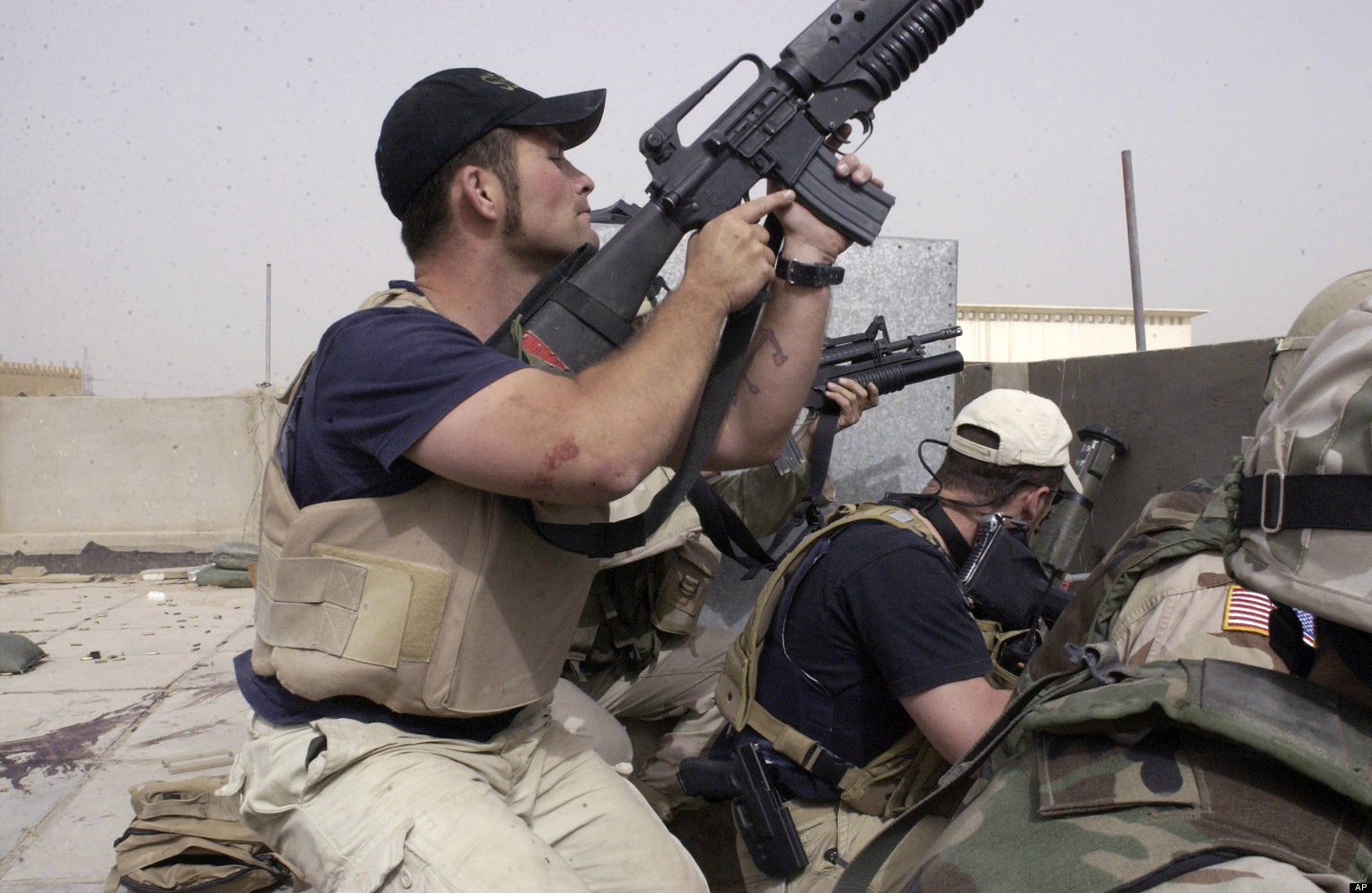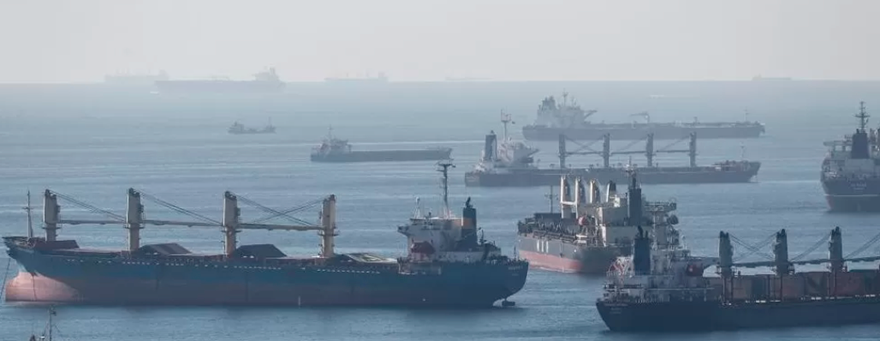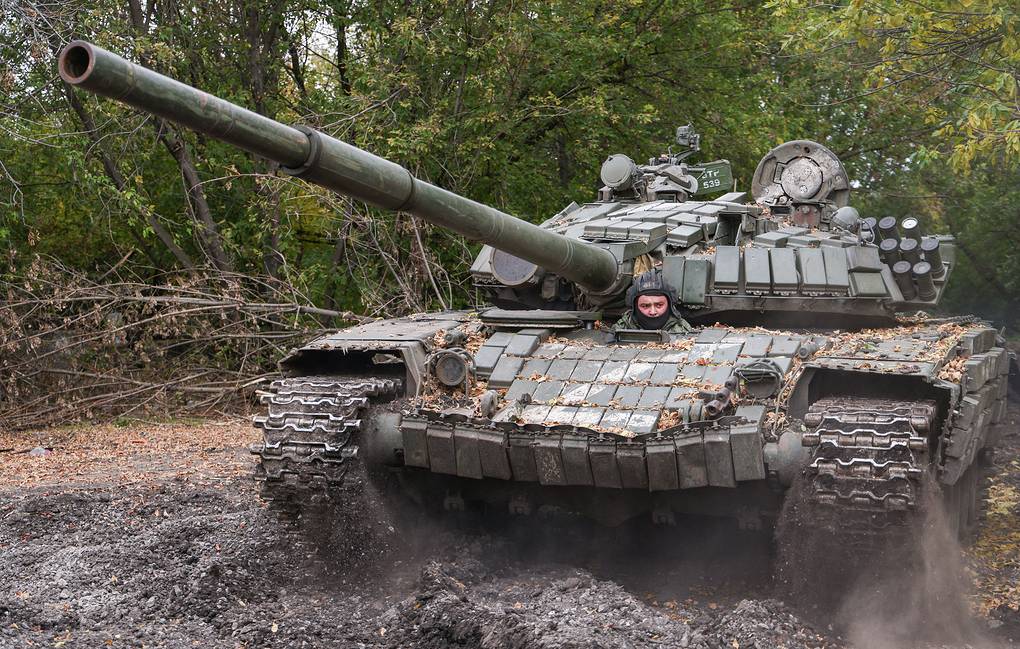POSTED BY @NSANZO ⋅ 10/26/2022

The scant information about the real situation on the fronts and the intentions of the parties to the conflict to meet their current objectives continues to cause all kinds of rumours. At this time, Ukraine aspires to build on its successes in previous offensives and, with the reinforcement of the innumerable weapons received from its partners, inflict another heavy blow on Russian troops. It is especially evident that Ukraine intends to recover Kherson, either through battle or after the Russian withdrawal, an option that wins in the last few hours. Russia has called for the evacuation of the city's civilian population, and despite some sources claiming reserves are being sent to prepare for battle, the fact that Russia is removing even monuments it considers important - such as the status of the Russian general Suvorov,
In any case, with difficulties on all fronts, Russia cannot aspire at this time to recover the initiative but to defend those fronts that it considers feasible to defend. It is in this context of uncertainty that all kinds of theories also arise. Russia and Ukraine accuse each other of preparing a dirty bomb as a false flag operation to discredit the enemy, allegations that, without any evidence, should be considered only conspiracy theory, although they collaborate to further increase the already high tension .
Original: Voenkor Kotenok
Military expert Boris Rozhin has spoken for the Voenkor Kotenok channel about the defense of Kherson, the assault on Avdeevka and the possibilities of an offensive from Belarus.
What awaits Kherson: Stalingrad or Izium?
At the present time, contradictory information is being received in this direction. If the political decision is made for a withdrawal from the right bank of the Dnieper, of course there will be no Stalingrad there. This can be caused, for example, by the threat of detonation of the Kajovka dam.
If the political decision is made to keep Kherson and the territories on the right bank, long and intensive battles can be expected in this area. Despite the obvious logistical problems and the threat of the use of prohibited weapons, the question of a possible withdrawal from Kherson remains more political than military.
It must be remembered that Izium was abandoned for purely military reasons after the invasion of the Ukrainian Armed Forces in Balakleya, with the consequent threat that the grouping of the Armed Forces of the Russian Federation in Izium would be besieged. This made it necessary to organize a withdrawal beyond the Oskol to prevent the troops from being pocketed.
Why is the enemy failing in Svatovo?
Our troops have reinforced the defenses there and moved reserves, which has made it possible to somewhat stabilize the front after the withdrawal from the Oskol river line. Additionally, counterattacks in the Torsky and Terna area have clouded enemy plans to advance north of Kremennaya.
The latest enemy attack attempts in the direction of Svatovo have been unsuccessful. The Ukrainian Armed Forces have not been able to break through Svatovo quickly, although according to plans they should have taken it by October 17.
However, the opponent continues to accumulate troops in this area and has not abandoned offensive plans both in relation to Svatovo and Kremennaya. To reinforce these plans, an increase in the presence of foreign mercenaries has been noted in this area of the front.
Why is it still not possible to take the fortified area of Avdeevka or isolate the enemy in Ugledar?
The reason is obvious: the enemy has important fortifications there and we don't have enough troops in this area. In both cases, the frontal assault on the fortified areas of Avdeevka and Ugledar does not promise anything good for our troops, but would only reduce the strength of other more promising areas.
The offensives in Peski and Pervomaiskoe, as well as the battles in Marinka, clearly show that, with the current grouping, it is impossible to achieve any quick success or create an operational encirclement of the Ukrainian troops. You can only hope to displace the enemy by continuing to hit their positions with artillery.
The commander of the ground forces of the Armed Forces of Ukraine has announced the threat of invasion of the Russian Armed Forces from Belarus. To what extent are the enemy's fears justified? It can be done? Necessary?
Currently, according to official figures, there are about 9,000 Russian troops deployed in Belarus, not only near the border with Ukraine, but also in north-western Belarus, near the border with Lithuania and Poland, where there is a build-up of Russian troops. NATO countries, which is a threat to Belarus.
To attack Ukraine again from Belarusian territory, a larger group is needed, which is not being formed. That's not to say it can't be formed, but at present, the chances of a direct Russian attack on kyiv from Belarus are not great at all. However, the war will be long and it cannot be ruled out that this option may be seen.
https://slavyangrad.es/2022/10/26/tensi ... more-25801
Google Translator
***************
Media Continue To Push 'U.S. Officials Said' Claims Even When Those Are Obvious Lies
Back in April it was widely reported that the U.S. government is intentionally lying about the war in Ukraine:
In a break with the past, U.S. is using intel to fight an info war with Russia, even when the intel isn't rock solid - April 6, 2020 - NBC News
It was an attention-grabbing assertion that made headlines around the world: U.S. officials said they had indications suggesting Russia might be preparing to use chemical agents in Ukraine.
President Joe Biden later said it publicly. But three U.S. officials told NBC News this week there is no evidence Russia has brought any chemical weapons near Ukraine. They said the U.S. released the information to deter Russia from using the banned munitions.
It’s one of a string of examples of the Biden administration’s breaking with recent precedent by deploying declassified intelligence as part of an information war against Russia. The administration has done so even when the intelligence wasn’t rock solid, officials said, to keep Russian President Vladimir Putin off balance. Coordinated by the White House National Security Council, the unprecedented intelligence releases have been so frequent and voluminous, officials said, that intelligence agencies had to devote more staff members to work on the declassification process, scrubbing the information so it wouldn’t betray sources and methods.
Despite knowledge that the U.S. government officials are lying to them 'journalists' at major U.S. media continue to report their 'not rock solid' claims as facts.
The New York Times reports on the northern Kherson region, where new Russia troops deployments prevent a long planned Ukrainian attack:
“They are not preparing to exit now,” Gen. Kyrylo O. Budanov, the head of Ukraine’s military intelligence service, said in an interview with a Ukrainian news outlet, Ukrainska Pravda, that was published on Monday. “They are preparing to defend.”
...
“They are creating the illusion that everything has gone,” General Budanov said. “At the same time, on the contrary, they are bringing in new military units there and preparing the streets of the city for defense.”
The loss of Kherson would be a severe military and symbolic blow for Mr. Putin, who has rejected requests from his commanders on the ground that they be allowed to retreat from the city.
A look at the map will immediately throw the last assertion into doubt.


The northern Kherson region on the right side of Dnieper river is a strategic launching pad that allows for future attacks in several directions - Mykolaiv, Odessa, Kryvy Rih, Nikolaiev, Dnipro and beyond. No officer who has learned a bit about wars would want to give up such a strategic position. That is why the assertion that commanders requested a retreat from that area strikes me as obviously false.
A click on the link the New York Times provides to support its claim convinces me that it stinks:
President Vladimir V. Putin of Russia has thrust himself more directly into strategic planning for the war in Ukraine in recent weeks, American officials said, including rejecting requests from his commanders on the ground that they be allowed to retreat from the vital southern city of Kherson.
A withdrawal from Kherson would allow the Russian military to pull back across the Dnipro River in an orderly way, preserving its equipment and saving the lives of soldiers.
The mid September report quoted above provides zero evidence that the claim made by 'American officials' is based on anything but fantasy. It is simply an assertion, likely a false one, by U.S. officials.
In a current Washington Post piece U.S. officials make a similar but different assertion which, again, is likely false:
The confidant who vented to Russian President Vladimir Putin recently about his military’s handling of the war in Ukraine was Yevgeniy Prigozhin, the founder of a Russian mercenary group that is playing a critical role for Moscow on the battlefield in Ukraine, according to two U.S. officials familiar with the matter.
Prigozhin’s criticisms echoed what he has been saying publicly for weeks, the officials said, speaking anonymously to discuss sensitive intelligence. But the revelation that he felt comfortable sharing such a harsh rebuke of the Russian military effort with Putin in a private setting shows how his influence is rising as Moscow’s war falters.
...
The Washington Post previously reported that a Russian insider confronted Putin personally to spotlight mismanagement of the war effort but did not name that individual. The Post reported that the exchange was considered significant enough to include in the daily intelligence briefing provided to President Biden.
Prigozhin’s frustration with the Russian Defense Ministry and his growing tension with Russian Defense Minister Sergei Shoigu are also the subject of a separate U.S. intelligence report that has been circulating among officials in Washington, according to people who have read the file.
So U.S. intelligence is claiming that Prigozhin and Putin recently had a meeting during which Prigozhin vented his anger. How would the U.S. know that? Does it have microphones inside the Kremlin? Is there a mole deep inside Putin's administration who serves him his tea? I don't think so.
Down in the 11th paragraph the Post finally says that Prigozhin himself is strongly denying any recent meeting with Putin as well as any 'venting':
Prigozhin denied recent personal contact with Putin in comments to The Washington Post made late Monday through his press service.
“First, I did not communicate personally with Vladimir Vladimirovich Putin either recently or in any foreseeable future. I did not criticize the management of the Armed Forces of the Russian Federation during the conflict in Ukraine. Therefore, I cannot comment on anything,” he said, adding that he had no right to criticize or praise the work of Russia’s armed forces since he was not a military expert.
That statement sounds more truthful to me than any of the claims those anonymous U.S. officials make.
So why do U.S. officials come up with such nonsense?
NBC News and other outlets told us why:
The administration has done so even when the intelligence wasn’t rock solid, officials said, to keep Russian President Vladimir Putin off balance.
That is of course not the real reason. Putin is a professional. He knows what requests his commanders have made or not made. He knows that he did not meet Prigozhin.
The real function of those false assertions is to project Russia as weak, to deceive the U.S. public to keep up the support for the U.S. proxy war against Russia. That may or may not work. But as long as 'journalists' are willing to write down such nonsense there are also no costs to any of the 'U.S. officials' producing it.
They will only stop making up shit when they are called out for it.
Posted by b on October 25, 2022 at 14:09 UTC | Permalink
https://www.moonofalabama.org/2022/10/m ... .html#more
************
About the course of the NWO. 25.10.2022
October 25, 18:00

Answers to questions about the course of the SVO in Ukraine for the channel of military commissar Yuri Kotenok.
About the course of the NWO. 25.10.2022
What option awaits Kherson - Stalingrad or Izyum?
- At the current stage, conflicting information is coming from this direction. If a political decision is made to withdraw from the right bank of the Dnieper, then, of course, there will be no Stalingrad there. This can be caused, among other things, by the threat of a dirty nuclear bomb and the explosion of the Kakhovskaya hydroelectric power station. If a political decision is made to hold Kherson and the bridgehead on the Right Bank, then we can expect long-term intense fighting in this direction.
Despite the obvious problems with logistics and the threat of using weapons of mass destruction, the issue of keeping Kherson is still more political than military.
It is worth recalling that Izyum was abandoned purely for military reasons after the breakthrough of the Armed Forces of Ukraine near Balakleya and the threat of encirclement of the Izyum grouping of the RF Armed Forces, which forced them to organize a retreat beyond Oskol to avoid the boiler.
- Why is the enemy slipping near Svatovo?
- Our troops have strengthened the defense here, plus reinforcements have been transferred here, which allowed us to somewhat stabilize the front after retreating from the line on the Oskol River. In addition, counterattacks in the area of Torskoy and Terna confused the enemy's plans to advance north of Kremennaya.
The last attempts of enemy attacks in the direction of Svatovo were unsuccessful. The Armed Forces of Ukraine did not succeed in breaking through to Svatovo, although according to the plans, Svatovo should have been taken on October 17th.
Nevertheless, the enemy continues to accumulate forces in this direction, not abandoning offensive plans both in relation to Svatovo and Kremennaya. To reinforce these plans, the presence of foreign mercenaries is increasing in this sector of the front line.
- Why can't we still take the Avdeevsky fortified area and cut off the Ugledar ledge of the enemy?
- The reasons are trivial - the enemy has strong fortifications here, and we do not have enough forces in this direction.
In both cases, the frontal assault on the Avdeevsky and Ugledarsky fortified areas does not promise anything significant to our troops, rather, it only distracts from more promising directions.
The offensive in the area of Pesok and Pervomaisky, as well as the battles for Maryinka, clearly show that it is impossible to achieve any rapid advances in the current grouping here, as well as to achieve a real operational encirclement of the Ugledar and Avdiivka groups of the Armed Forces of Ukraine at the current stage. Only the slow pushing back of the enemy with the grinding of his positions by artillery.
- Commander of the Ground Forces of the Armed Forces of Ukraine Syrsky announced the threat of an invasion of the RF Armed Forces from Belarus. To what extent are the fears of the enemy justified? Can? And is it necessary?
- At the moment, according to official data, about 9,000 Russian troops are deployed in Belarus, not only near the border with Ukraine, but also in northwestern Belarus near the borders with Lithuania and Poland, where there is an accumulation of groups of NATO countries that pose a threat to Belarus.
For an attack on Ukraine from the territory of Belarus, a larger grouping is needed, which at the current stage has not been formed there. This does not mean that such a grouping will not be formed on the territory of Belarus, but at the current stage, the likelihood of a direct attack by the Russian grouping on Kyiv from Belarus is not very high.
However, the war will go on for a long time, and we can still see this option.
- Iranian drones. How effective are they?
- At the current stage, Iranian drones demonstrate high efficiency and successfully break through the local Ukrainian air defense, achieving both purely military and media successes. This led dozens of countries to become interested in the possibility of purchasing Iranian drones. Tehran also demonstrates complete satisfaction with the experience of combat use. Of course, at the official level, no one is going to admit this, which is quite in line with the practice of modern hybrid wars with the standard pattern of behavior of the parties: "It's not us, but we know that ... (winking)".
Obviously, NATO will make serious efforts to reduce the effectiveness of Iranian drone strikes, but, as the practice of the war in Yemen has shown, even an integrated air defense system built on American air defense and electronic warfare systems is not able to fully guarantee the safety of objects attacked by Iranian drones and missiles. .
It is expected that in November-December we will see new unmanned and missile systems with a "heavy Iranian accent" at the front.
- The enemy is preparing a new wave of mobilization. How to react?
- An increase in the size of the enemy grouping in Ukraine requires a symmetrical increase in the size of the Russian Armed Forces grouping in order to eliminate the disparity in numbers and prevent situations where the enemy is trying to solve his operational problems at the expense of a numerical advantage.
In addition to replenishing existing units and sending to the front those called up for partial mobilization, further active work is needed to form volunteer units, recruit into PMCs, form units from the local population, etc.
It should be understood that another wave of partial mobilization may be required to bring the grouping of the RF Armed Forces in Ukraine to 800-900 thousand people by the end of the winter and the beginning of the spring campaign of 2023.
- Did Igor Strelkov and other famous people of 2014 go to the front? Is there a need for war veterans in the Donbass?
- There is certainly such a need, especially against the background of attracting large masses of mobilized and active recruits to volunteer formations. Every war veteran is a valuable combat experience, including the experience of modern warfare.
From my point of view, any person who wants to participate in the NWO should have the opportunity to do so and benefit the country and people. This applies both to participation in hostilities at the front and to work in the front line. Opportunities to participate and help are plentiful. Someone is fighting, someone is catching Ukrainian terrorists, someone is carrying humanitarian aid, someone is establishing a new life in the liberated territories. Consolidation of efforts is the key to achieving victory in the war in Ukraine with the US and NATO. This is our main historical task at the moment.
https://t.me/boris_rozhin/68388 - zinc
https://colonelcassad.livejournal.com/7936833.html
Simulated nuclear explosion
October 25, 16:10

In the photo, the assembly and preparation of a nuclear explosion simulator during exercises. USSR. Mid 80s
Western and Russian “liberotic” channels are circulating the topic that Russia deliberately raised a wave around the “dirty bomb” created by Ukraine (combat use of radioactive materials without a chain reaction) in order to distract the world community from its own preparations for the use of nuclear weapons against Ukraine. And that it makes no sense for Ukraine to use a "dirty bomb" because it would be too obvious and pointless. That Kyiv will never take such a stupid step. But in reality, this is absolutely not the case!
In fact, Ukraine has every opportunity to manufacture and conduct an almost complete simulation of a nuclear explosion on its territory and shift the blame for it to Russia.
Today, Ukraine has a highly qualified staff of nuclear scientists, there are stocks of radioactive materials in industry, in medicine, and in research centers. In addition, on the territory of Ukraine there are dozens of repositories of nuclear production dating back to the Soviet era (for example, one of the largest in the Dnepropetrovsk region), as well as storage facilities for spent nuclear fuel at Ukrainian nuclear power plants.
During the era of the Cold War, nuclear munitions of small and ultra-low (from 0.1 to 0.001 kt) yield were developed and put into service, both for artillery and for special-purpose units. In TNT equivalent, this is from 100 to 10 tons of explosives.
And to create a device that simulates a low-power nuclear explosion, you need very little. The usual 20-foot standard (sea) container, containing 21 tons of cargo. Approximately 40-60 kilograms of radioactive material (for example, uranium-235 from spent fuel storage facilities) and 10-20 tons of explosives. Explosives are loaded into the container along with a container of radioactive material. An explosion detonator may well be used, which has been in service with the Armed Forces of Ukraine since the Soviet era, a nuclear explosion simulator IU-59, which is a barrel weighing 205 kg. which contains explosives and a special pyrotechnic mixture simulating an atomic explosion. The simulator is designed to simulate an air or ground nuclear explosion.
Such a "bomb" can be easily - on a conventional trailer - delivered to any point in Ukraine, and there at the right time (for example, during the next Russian missile strike) it is blown up with a complete imitation of all the elements of a nuclear explosion: the appropriate power, flash, mushroom cloud and radioactive contamination.
Is it necessary to say what will follow this provocation? Russia will be under unprecedented pressure of accusations and harassment. Everything will be done to turn it into a rogue country!
At the same time, only qualified experts in the course of a special investigation will be able to distinguish a real nuclear explosion from its imitation. And it is quite obvious that Ukraine will allow only those experts who represent “friendly” countries to enter its territory. Well, such as those who investigated the Skripal case.
The information we have received about the preparation of such a provocation has been brought to the attention of the countries of the “nuclear club”, as well as members of the UN Security Council, over the past few days. And, judging by the nervous and coordinated reaction of the Western countries, which immediately accused Russia itself of such preparation, the information hit the mark. A provocation is really being prepared and Western curators are aware of this plan. But now it will not be easy to carry it out. Preparation is lit. And this deprives the developers of provocation of the factor of surprise and reliability. Now the world knows that Ukraine has a "dirty bomb"!
https://t.me/ramzayiegokomanda/969 - zinc
https://colonelcassad.livejournal.com/7936581.html
Google Translator
************************
The West must stop blocking negotiations between Ukraine and Russia
Ukrainians have been paying a terrible price for the failure of ensuring sensible and reasonable negotiations from 2014 to February 2022 – which could have prevented the invasion by Russia in the first place, and once the war started, could have led to the end of this war
October 25, 2022 by Vijay Prashad
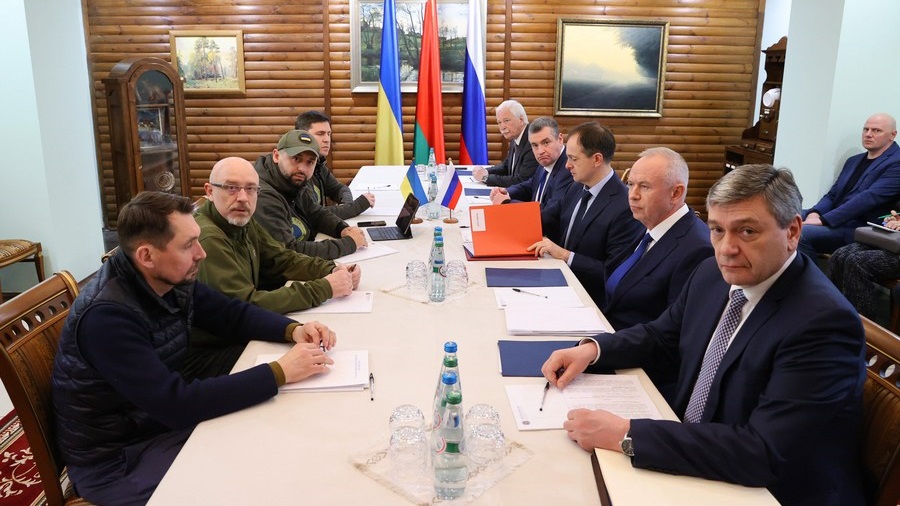
Russian and Ukrainian delegations at the negotiating table on March 7, 2022. Photo: Belta news agency via Xinhua
Russia invaded Ukraine on February 24, 2022. This war has been horrendous, though it does not compare with the terrible destruction wrought by the US bombardment of Iraq (“shock and awe”) in 2003. In the Gomel region of Belarus that borders Ukraine, Russian and Ukrainian diplomats met on February 28 to begin negotiations toward a ceasefire. These talks fell apart. Then, in early March, the two sides met again in Belarus to hold a second and third round of talks. On March 10, the foreign ministers of Ukraine and Russia met in Antalya, Turkey, and finally, at the end of March, senior officials from Ukraine and Russia met in Istanbul, Turkey, thanks to the initiative of Turkey’s President Recep Tayyip Erdoğan. On March 29, Turkey’s Foreign Minister Mevlüt Çavuşoğlu said, “We are pleased to see that the rapprochement between the parties has increased at every stage. Consensus and common understanding were reached on some issues.” By April, an agreement regarding a tentative interim deal was reached between Russia and Ukraine, according to an article in Foreign Affairs.
In early April, Russian forces began to withdraw from Ukraine’s northern Chernihiv Oblast, which meant that Russia halted military operations around Kyiv, Ukraine’s capital. The United States and the United Kingdom claimed that this withdrawal was a consequence of military failure, while the Russians said it was due to the interim deal. It is impossible to ascertain, with the available facts, which of these two views was correct.
Before the deal could go forward, then-UK Prime Minister Boris Johnson arrived in Kyiv on April 9. A Ukrainian media outlet – Ukrainska Pravda – reported that Johnson carried two messages to Ukraine’s President Volodymyr Zelensky: first, that Russian President Vladimir Putin “should be pressured, not negotiated with,” and second, that even if Ukraine signed agreements with the Kremlin, the West was not ready to do so. According to Ukrainska Pravda, soon after Johnson’s visit, “the bilateral negotiation process was paused.” A few weeks later, US Secretary of State Antony Blinken and US Secretary of Defense Lloyd Austin visited Kyiv, and following the trip, Austin spoke at a news conference at an undisclosed location in Poland and said, “We want to see Russia weakened.” There is no direct evidence that Johnson, Blinken, and Austin directly pressured Zelensky to withdraw from the interim negotiations, but there is sufficient circumstantial evidence to suggest that this was the case.
The lack of willingness to allow Ukraine to negotiate with Russia predates these visits and was summarized in a March 10, 2022, article in the Washington Post where senior officials in US President Joe Biden’s administration stated that the current US strategy “is to ensure that the economic costs for Russia are severe and sustainable, as well as to continue supporting Ukraine militarily in its effort to inflict as many defeats on Russia as possible.”
Long before the Russian invasion of Ukraine, since 2014, the United States has – through the Ukraine Security Assistance Initiative of the US Department of Defense – spent more than $19 billion in providing training and equipment to the Ukrainian military ($17.6 billion since Russia invaded Ukraine on February 24, 2022). The total annual budget of the United Nations for 2022 is $3.12 billion, far less than the amount spent by the US on Ukraine today. The arming of Ukraine, the statements about weakening Russia by senior officials of the US government, and the refusal to initiate any kind of arms control negotiations prolong a war that is ugly and unnecessary.
Ukraine is not in Iowa
Ukraine and Russia are neighbors. You cannot change the geographical location of Ukraine and move it to Iowa in the United States. This means that Ukraine and Russia have to come to an agreement and find a solution to end the conflict between them. In 2019, Volodymyr Zelensky won by a landslide (73%) in the Ukrainian presidential election against Petro Poroshenko, the preferred candidate of the West. “We will not be able to avoid negotiations between Russia and Ukraine,” Zelensky said on a TV panel, “Pravo Na Vladu,” TSN news service reported, before he became president. In December 2019, Zelensky and Putin met in Paris, alongside then-Chancellor of Germany Angela Merkel and France’s President Emmanuel Macron (known as the “Normandy Four”). This initiative was driven by Macron and Merkel. As early as 2019, France’s President Emmanuel Macron argued that it was time for Europe to “rethink… our relationship with Russia” because “pushing Russia away from Europe is a profound strategic error.”
In March 2020, Zelensky said that he and Putin could work out an agreement within a year based on the Minsk II agreements of February 2015. “There are points in Minsk. If we move them around a bit, then what bad can that lead to? As soon as there are no people with weapons, the shooting will stop. That’s important,” Zelensky told the Guardian. In a December 2019 press conference, Putin said, “there is nothing more important than the Minsk Agreements.” At this point, Putin said that all he expected was that the Donbas region would be given special status in the Ukrainian constitution, and during the time of the expected Ukraine-Russia April 2020 meeting, the troops on both sides would have pulled back and agreed to “disengagement along the entire contact line.”
Role of Macron
It was clear to Macron by 2020 that the point of the negotiations was about more than just Minsk and Ukraine; it was about the creation of a “new security architecture” that did not isolate Russia – and was also not subservient to Washington. Macron developed these points in February 2021 in two directions and spoke about them during his interview with the Atlantic Council (a US think tank). First, he said that NATO has “pushed our borders as far as possible to the eastern side,” but NATO’s expansion has “not succeeded in reducing the conflicts and threats there.” NATO’s eastward expansion, he made clear, was not going to increase Europe’s security. Second, Macron said that the US unilateral withdrawal from the Intermediate-Range Nuclear Forces Treaty in 2019 – and Russia’s mirroring that – leaves Europe unprotected “against these Russian missiles.” He further said, “As a European, I want to open a discussion between the European Union and Russia.” Such a discussion would pioneer a post-Cold War understanding of security, which would leave the United States out of the conversation with Russia. None of these proposals from Macron could advance, not only because of hesitancy in Russia but also principally because they were not seen favorably by Washington.
Confusion existed about whether US President Joe Biden would be welcomed into the Normandy Four. In late 2020, Zelensky said he wanted Biden at the table, but a year later it became clear that Russia was not interested in having the United States be part of the Normandy Four. Putin said that the Normandy Four was “self-sufficient.” Biden, meanwhile, chose to intensify threats and sanctions against Russia based on the claims of Kremlin interference in the United States 2016 and 2018 elections. By December 2021, there was no proper reciprocal dialogue between Biden and Putin. Putin told Finnish President Sauli Niinistö that there was a “need to immediately launch negotiations with the United States and NATO” on security guarantees. In a video call between Biden and Putin on December 7, 2021, the Kremlin told the US president that “Russia is seriously interested in obtaining reliable, legally fixed guarantees that rule out NATO expansion eastward and the deployment of offensive strike weapons systems in states adjacent to Russia.” No such guarantee was forthcoming from Washington. The talks fizzled out.
The record shows that Washington rejected Macron’s initiatives as well as entreaties from Putin and Zelensky to resolve issues through diplomatic dialogue. Up to four days before the Russian invasion, Macron continued his efforts to prevent an escalation of the conflict. By then, the appetite in Moscow for negotiations had dwindled, and Putin rejected Macron’s efforts.
An independent European foreign policy was simply not possible (as Macron had suggested and as the former leader of the Soviet Union Mikhail Gorbachev had proposed in 1989 while talking about his vision for a “common European home” that would stretch from northern Asia to Europe). Nor was an agreement with Russia feasible if it meant that Russian concerns were to be taken seriously by the West.
Ukrainians have been paying a terrible price for the failure of ensuring sensible and reasonable negotiations from 2014 to February 2022 – which could have prevented the invasion by Russia in the first place, and once the war started, could have led to the end of this war. All wars end in negotiations, but these negotiations to end wars should be permitted to restart.
https://peoplesdispatch.org/2022/10/25/ ... nd-russia/
*************
Resist U.S. war, extend solidarity to the people of Donbass!
October 20, 2022 Melinda Butterfield

Melinda Butterfield speaks at protest outside U.S. Armed Forces Recruiting Station in the Bronx, Oct. 15. SLL photo: Gary Wilson
Remarks given by Melinda Butterfield, Struggle-La Lucha co-editor, at the “No to NATO, War and Racism” protest in the Bronx, New York, on Oct. 15.
I think it’s important to bring up the struggle of the people who are directly affected by the conflict in Ukraine – that is, the people of the Donbass region and Ukrainian anti-fascists who have been forced into exile for the last eight-and-a-half years.
This summer, the people in the city of Donetsk, who have lived under Ukrainian bombs for more than eight years, have faced their toughest stretch ever surviving. The attacks have been constant and getting worse because of the infusion of more advanced U.S. and NATO weapons.
This war didn’t start last February, when Russia intervened. It started with a coup against the elected Ukrainian government, sponsored by the United States, in 2014. We know how that works – we’ve seen it many times in Latin America and other places around the world.
The people in the eastern part of Ukraine said “No – we don’t want to live under a regime that’s filled with fascists. We don’t want to live under a regime that answers to Washington and NATO.” And they had a big struggle.
Unfortunately, it was crushed in many parts of the country. But in Donetsk and Lugansk, in the Donbass region bordering Russia, they were able to declare independence, form a people’s militia, and defend their independence for the last eight-and-a-half years.
When we talk about the struggle here, we use the slogan, “When people’s rights are under attack, what do we do? Stand up, fight back.” When trans rights, Black people’s rights, abortion rights, immigrant rights are under attack, we say: Stand up and fight back. In Donbass, they stood up and fought back! Just like they are doing now in Haiti. And in the same way, the people there have been demonized and discounted.
Unfortunately, here in the United States, even in the anti-war movement and the left, there’s very little consciousness about the Donbass people’s struggle. But they are the ones on the front lines. They are the ones who have been taking the brunt of the Ukrainian attacks for almost a decade. It is imperative that we extend our solidarity to them, build bridges of unity with them, with our struggles, our communities and other liberation struggles from Palestine to Haiti to Puerto Rico.
There’s another development that could confuse the movement here, and we’ve got to be alert to it. That is the referendum held at the end of September in Donetsk, Lugansk and the Zaparozhye and Kherson regions to join the Russian Federation.
The reason that happened is not because Russia was trying to make a land grab against Ukraine. It’s something Russia has resisted for the last eight years, even as a movement to join Russia was building in those areas. It was an emergency measure of last resort.
The people don’t want to live under Ukrainian bombs and fascists anymore. Now they have the constitutional protection of the Russian Federation, which gives Russia more power to protect them with their nuclear deterrent and other measures.
The way the referendum is being presented here is just the U.S. projecting its land-grabbing imperialist policies onto Russia. It discounts the context and the wishes of the people there. It’s against self-determination. So it’s important that we not get confused about this or let it turn into another thing to divide and shut down the anti-war movement, like what happened last February.
Solidarity with the people of Donbass! Let’s build a fighting anti-war movement. Let’s fight for what we need here at home, and take back that $70 billion the U.S. has committed so far this year for war in Ukraine.
https://struggle-la-lucha.org/2022/10/2 ... f-donbass/
********
From Cassad's Telegram account:
***
Colonelcassad
Special operation, 25 October. The main thing from RIA Novosti :
***
Colonelcassad
1:30
The offensive of the Armed Forces of Ukraine in the Starobelsky direction
Chronicle of battles for October 21-25, 2022
The Ukrainian formations did not abandon their attempts to gain a foothold on the heights between Makeyevka and Krasnopopovka for two days , but were forced to withdraw under artillery fire, having suffered heavy losses in people and equipment.
The Armed Forces of Ukraine were never able to reach the Svatovo-Kremennaya road and gain a foothold on the heights near the road.
The command of the Armed Forces of Ukraine transferred to Liman , near Borovoye and Kupyansk a reserve of mercenary units and Western PMCs to release Ukrainian units and replenish the advancing group.
***
Forwarded from
Operation Z: Military commissars of the Russian Spring
***
Forwarded from
Brussels connection
According to official figures , there are about 2,400 American troops in Romania. There has been no official information about an increase in this number. However, in recent days, Western media, at the suggestion of CBS News , began to write that 4,700 American paratroopers had arrived in Europe. This immediately gave rise to publications in the press about the " unannounced"an increase in the presence of the United States near the borders of Ukraine. But nothing, except for the reports of journalists, confirms this. And, therefore, it has the most dubious reliability.
PS To avoid misunderstanding, only the latest and nearest actions of France and Spain are marked on the map. The presence of other contingents from the NATO BTG is not taken into account intentionally, as it has not yet changed.
https://t.me/s/boris_rozhin
Google Translator
*****************
Kremlin Decries West’s Response to Concern Over Dirty Bomb Use
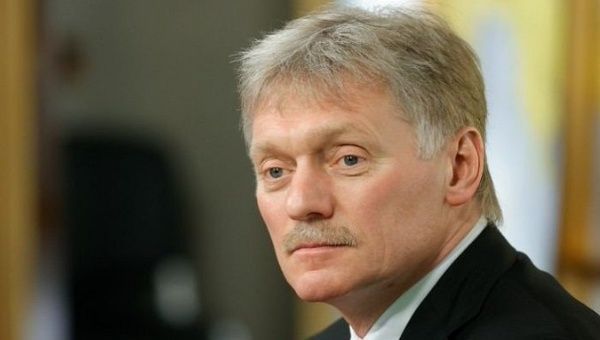
Kremlin spokesman Dmitry Peskov. Oct. 25, 2022. | Photo: Twitter/@jaccocharite
Published 25 October 2022 (12 hours 12 minutes ago)
Russia has expressed concern over Ukraine's plans to detonate a dirty bomb.
This issue has drawn the rejection of the U.S. and other Western countries. Kremlin spokesman Dmitry Peskov has called their attitude "unacceptable" considering the "seriousness of the danger."
Russia has expressed concern about Kiev's intention to use a radioactive weapon and then blame Moscow. The U.S. and other Western countries have rejected such claims.
In this regard, the Kremlin spokesman said, "This attitude, far from being serious, is unacceptable given the seriousness of the danger we are talking about."
Faced with "the grave danger posed by the implementation of the Ukrainians' plans," Russia has raised the issue with the United Nations Security Council (UNSC) and UN Secretary-General Antonio Guterres.
Russia has asked to convene the UNSC to discuss the issue. In recent contacts with his counterparts from the UK, France and Turkey, Russian Defense Minister Sergey Shoigu conveyed Russia's concern.
The Defense Minister also spoke in a telephone conversation with U.S. Secretary of State Lloyd Austin, who has said that Russia's claims are false.
Chief of the General Staff of the Russian Armed Forces and First Deputy Defense Minister Valery Gerasimov has also raised the issue with the Chairman of the U.S. Joint Chiefs of Staff, General Mark Milley, and his British counterpart, Admiral Tony Radakin.
https://www.telesurenglish.net/news/Kre ... -0014.html
"The Russians must be crazy, the fascist regime that bombs a nuke plant on territory it claims would never do anything like that!"
Russia Sanctions European CEOs Supplying Arms To Ukraine
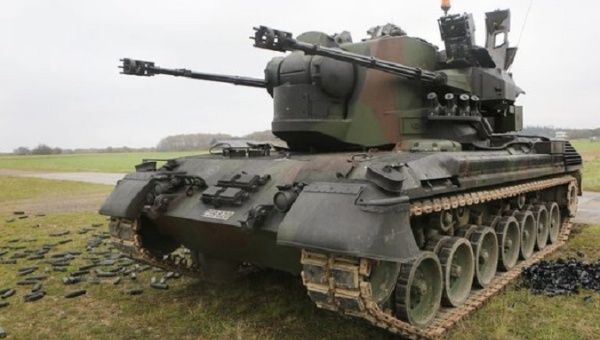
A German tank. | Photo: Twitter/ @oryxspioenkop
Published 25 October 2022 (17 hours 31 minutes ago)
"Any unfriendly action by Western countries will receive a timely and adequate response in the future," the Russian diplomacy stressed.
On Tuesday, the Russian Foreign Affairs Ministry announced that its country will establish sanctions against top executives of European defense and arms companies that supply weapons to Ukraine.
This decision is a reply to the sanctions that the European Union (EU) adopted against Russia on Oct. 6, after Donetsk, Lugansk, Kherson, and Zaporizhia decided to join the Federation.
The Russian diplomats stressed that the European sanctions, which aim to contain the economic development of their country, are "unilateral" and "illegitimate" since they undermine the norms of international law related to the self-determination of peoples.
They also accused the European Union of "ignoring for many years" the discrimination and extermination of the Russian-speaking population in those republics and regions.
The Russian sanctions will also affect members of the European Council Parliamentary Assembly who passed an anti-Russian resolution in mid-October. In addition, Moscow decided to expand the list of EU representatives who are prohibited from entering Russian territory.
"We insist that any unfriendly action by Western countries will receive a timely and adequate response in the future," the Russian Foreign Affairs Ministry stressed.
Previously, in their eighth package of sanctions against Russia, the Europeans included a provision according to which Russian fuels can only be transported internationally if Moscow agrees to sell its energy products at or below the fixed price.
https://www.telesurenglish.net/news/Rus ... -0010.html
Well, it's not as though any of these clowns were going to visit Russia any time soon so I dunno the point other than symbolism.
Confiscate their plants in Russia....
